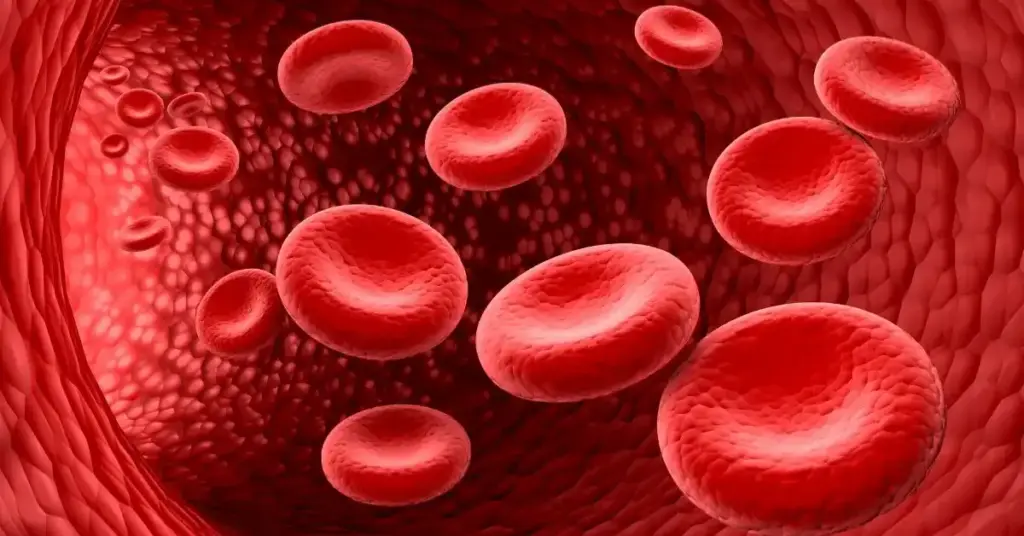
Pelvic cancers affect the organs located in the pelvic region, including the bladder, rectum, prostate, cervix, uterus, ovaries, and surrounding structures. These cancers can significantly impact a patient’s overall health, reproductive system, and quality of life if not diagnosed and treated in time. Pelvic oncology is a specialized field of medicine focused on diagnosing, managing, and treating cancers that arise in the pelvic area. Advancements in surgical techniques, targeted therapies, and radiation oncology have transformed pelvic cancer care, offering patients better outcomes and improved survival rates. Our comprehensive pelvic oncology services are designed to provide individualized treatment plans with a focus on compassion, precision, and long-term wellness.
Affects the cervix and is strongly associated with human papillomavirus (HPV) infection. Screening with Pap smears and HPV tests plays a crucial role in early detection.
Known as the “silent killer” because symptoms often appear late. It requires specialized surgery and chemotherapy for effective treatment.
Most common in postmenopausal women. It is often diagnosed early due to abnormal bleeding, making treatment more successful.
Rare but significant, these cancers require surgical and radiation expertise for effective management.
A leading cancer among men, prostate cancer is highly treatable when detected early through PSA tests and imaging.
Often linked to smoking and environmental exposure. Cystoscopy and urine cytology aid in diagnosis.
Affects the lower part of the colon. Requires combined therapies like surgery, chemotherapy, and radiation for optimal outcomes.
Symptoms may vary depending on the organ involved, but common signs include:
Early detection of these symptoms is key to effective treatment.
Understanding risk factors allows for targeted preventive strategies.
Our center uses advanced diagnostic tools to ensure accurate and early detection:
Genetic Testing – For hereditary risk factors
Systemic drugs to destroy cancer cells, used before or after surgery, or in advanced stages.
Medications that focus on specific genetic mutations in tumor cells, reducing damage to normal tissues.
Boosts the body’s immune system to fight cancers such as bladder and advanced cervical cancers.
Used in prostate and uterine cancers that depend on hormones for growth.
Pelvic cancer treatment may impact fertility, sexual health, and emotional well-being. Our supportive care includes:
Cancer care does not end with treatment. Survivorship programs ensure long-term health and confidence:
Research in pelvic oncology is advancing rapidly, with innovations such as:
These breakthroughs bring new hope for patients with pelvic cancers.
Pelvic oncology is a crucial specialty that addresses cancers of the pelvic region with advanced treatments and holistic care. From preventive screenings and early diagnosis to surgery, targeted therapies, and supportive care, our center is committed to delivering comprehensive and compassionate care. By combining medical expertise, cutting-edge technology, and patient-centered support, we strive to provide the best possible outcomes for every patient.
Pelvic cancers affect the organs located in the pelvic region, including the bladder, rectum, prostate, cervix, uterus, ovaries, and surrounding structures. These cancers can significantly impact a patient’s overall health, reproductive system, and quality of life if not diagnosed and treated in time. Pelvic oncology is a specialized field of medicine focused on diagnosing, managing, and treating cancers that arise in the pelvic area. Advancements in surgical techniques, targeted therapies, and radiation oncology have transformed pelvic cancer care, offering patients better outcomes and improved survival rates. Our comprehensive pelvic oncology services are designed to provide individualized treatment plans with a focus on compassion, precision, and long-term wellness.
Common Types of Pelvic Cancers
Symptoms of Pelvic Cancers
Risk Factors
Diagnostic Approaches in Pelvic Oncology
Treatment Options in Pelvic Oncology
Supportive Care in Pelvic Oncology
Preventive Strategies in Pelvic Oncology
Why Choose Our Pelvic Oncology Services?
Survivorship and Follow-Up Care
The Future of Pelvic Oncology
Conclusion
Affects the cervix and is strongly associated with human papillomavirus (HPV) infection. Screening with Pap smears and HPV tests plays a crucial role in early detection.
Known as the “silent killer” because symptoms often appear late. It requires specialized surgery and chemotherapy for effective treatment.
Most common in postmenopausal women. It is often diagnosed early due to abnormal bleeding, making treatment more successful.
Rare but significant, these cancers require surgical and radiation expertise for effective management.
A leading cancer among men, prostate cancer is highly treatable when detected early through PSA tests and imaging.
Often linked to smoking and environmental exposure. Cystoscopy and urine cytology aid in diagnosis.
Affects the lower part of the colon. Requires combined therapies like surgery, chemotherapy, and radiation for optimal outcomes.
Symptoms may vary depending on the organ involved, but common signs include:
Early detection of these symptoms is key to effective treatment.
Understanding risk factors allows for targeted preventive strategies.
Our center uses advanced diagnostic tools to ensure accurate and early detection:
Genetic Testing – For hereditary risk factors
Systemic drugs to destroy cancer cells, used before or after surgery, or in advanced stages.
Medications that focus on specific genetic mutations in tumor cells, reducing damage to normal tissues.
Boosts the body’s immune system to fight cancers such as bladder and advanced cervical cancers.
Used in prostate and uterine cancers that depend on hormones for growth.
Pelvic cancer treatment may impact fertility, sexual health, and emotional well-being. Our supportive care includes:
Cancer care does not end with treatment. Survivorship programs ensure long-term health and confidence:
Research in pelvic oncology is advancing rapidly, with innovations such as:
These breakthroughs bring new hope for patients with pelvic cancers.
Pelvic oncology is a crucial specialty that addresses cancers of the pelvic region with advanced treatments and holistic care. From preventive screenings and early diagnosis to surgery, targeted therapies, and supportive care, our center is committed to delivering comprehensive and compassionate care. By combining medical expertise, cutting-edge technology, and patient-centered support, we strive to provide the best possible outcomes for every patient.
Pelvic oncology is a specialized branch of medicine focusing on the diagnosis, treatment, and prevention of cancers that develop in the pelvic region. This includes cancers of the bladder, rectum, prostate, cervix, ovaries, and uterus. It involves multidisciplinary care, combining surgery, radiation, chemotherapy, and advanced therapies for effective management and improved patient outcomes.
The most common pelvic cancers vary by gender. In women, cervical and ovarian cancers are most prevalent, while in men, prostate cancer is the leading pelvic malignancy. Colorectal and bladder cancers also commonly occur in both genders. Early detection through screenings such as Pap smears, colonoscopies, and PSA testing plays a vital role in better survival.
Pelvic cancer can be very serious, depending on the type, stage, and spread. Early-stage pelvic cancers often respond well to treatment and have higher survival rates, while advanced stages may be more challenging. Since the pelvis houses vital organs, timely diagnosis, multidisciplinary care, and advanced treatments are essential for improving prognosis and preserving quality of life.





